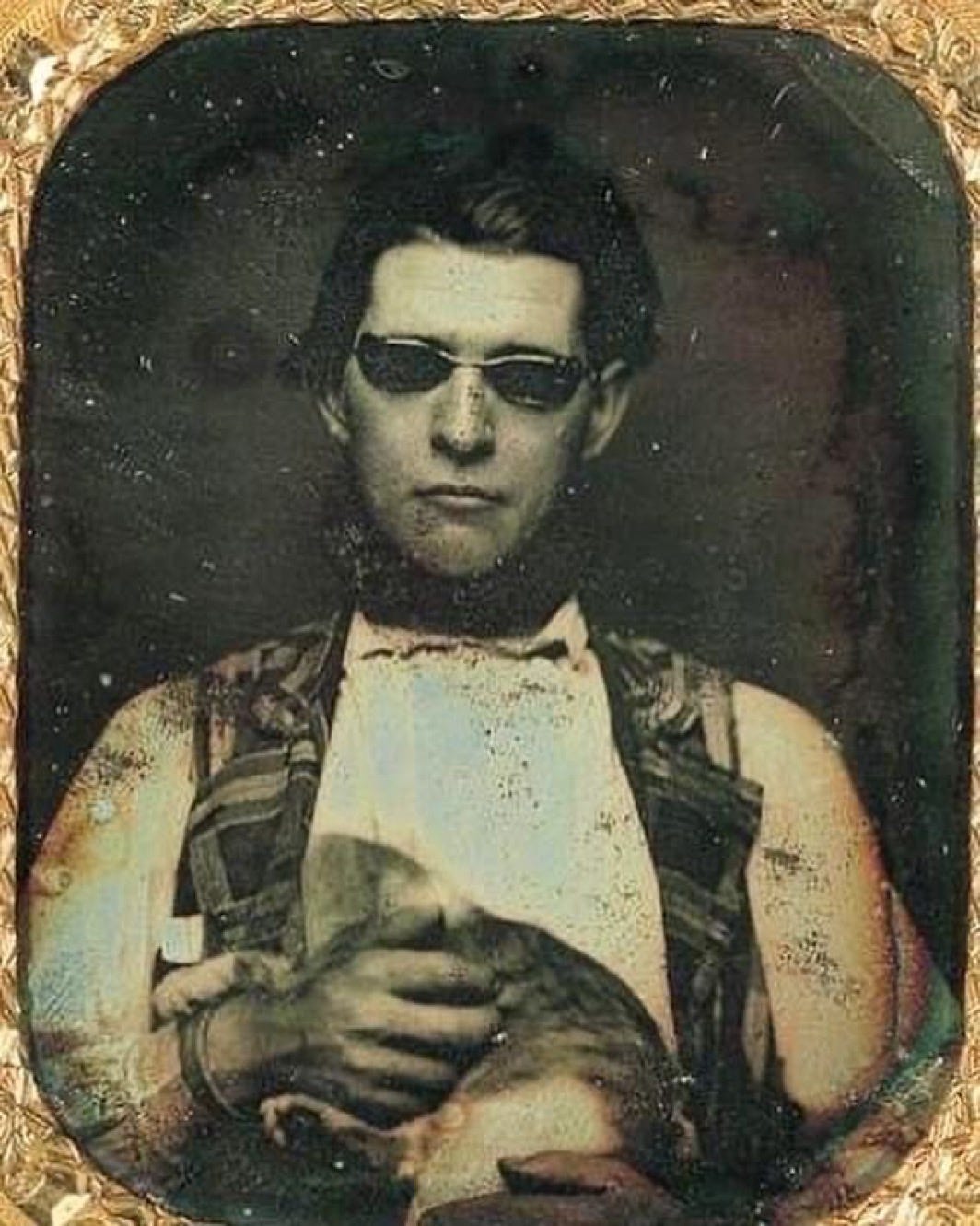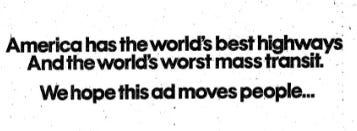Weekly Roundup 006
Bite-sized observations on going direct, going offline, and the wigger renaissance
What I’m Reading: Going Direct
“You are so much more than the media now” — Elon Musk
If you needed further evidence of an “eternal seventies,” Hal Conte analyzes the corporate strategy of “going direct” — a 1970s-era communications approach shaped by circumstances that wouldn’t be out of place today.
"Reporters are not surrogates of the public", [former VP of Mobil Oil, Herbert] Schmertz argued, adding that they were demographic and ideological outliers from the American mainstream, disproportionately educated, irreligious, and Democratic. Add to this a business model based on targeting a professional class audience and the media could not but be woefully out of touch. (Schmertz went so far as to suggest media leaned in to coverage of then-controversial social issues such as sex education so more conservative low-income readers would unsubscribe, and this would boost a magazine's demographic profile for advertisers).
Schmertz concluded that this meant media was just a business, and its self-appointed mission as a protector of the public was unwarranted. He also wrote that the media’s background meant journalists have little understanding of business and are biased towards negative stories and social crusades.
What I’ve Been Thinking About
I recently spoke with internet culture writer Kathrine Dee about the early days of the internet. The full conversation is behind a paywall, but here are a few sections that have been on my mind for a while that I share below. (If you subscribe to her Substack, you may see my name anonymized — a practice she uses for all interviews in this series. But I’m not anonymous, and I don’t mind anyone knowing it was me, obviously.)
Yeah, there’s this joke I made—though it might not be unique to me—that being online is for poor people. Eventually everyone will have access to AI that can generate any Netflix series or cultural product they want, tailored precisely to their tastes. This kind of hyper-personalized, on-demand consumer culture will be perfect for some. But for those who crave genuine surprise and real cultural exchange, it’ll be deadening. If everything is readily available and completely controlled, there’s no novelty. Those people will seek meaning and authenticity elsewhere—offline or in smaller, more unpredictable communities.
I think podcasts already peaked as the main source of cultural energy. They might evolve or become more like background radio. People might prefer offline gatherings, book readings, membership-only meetups—places where we can have sincere discussions without the pressure of online performance. COVID made us realize how important real-life interactions are.
What I’m Listening to

For the past year or so, I’ve had a sense that hip hop is diverging from the trajectory of American culture. So, I went back to rage, jerk, and other subgenres to see what’s changed — and whether I was missing something. What I found is that the wigger renaissance is in full swing. There’s plenty to like, but I still think if these sounds don’t cross over with country or more Americana themes, they won’t stick. The next wave of the White Boy rapper is a fascinating development and more aware of it’s suburban roots, but there’s a dark side to this spectacle. As a friend pointed out, Nettspend has an entire marketing machine behind him, fueled by the allure of the zesty White Boy — a figure that evokes this generation’s Kurt Cobain. Meanwhile, Black rappers in the same space, like Osamason, don’t get the same push. This realization is bleak, but so is watching the industry churn out rebellion fantasies, packaging and discarding them like an assembly line of Lil Peep clones.




